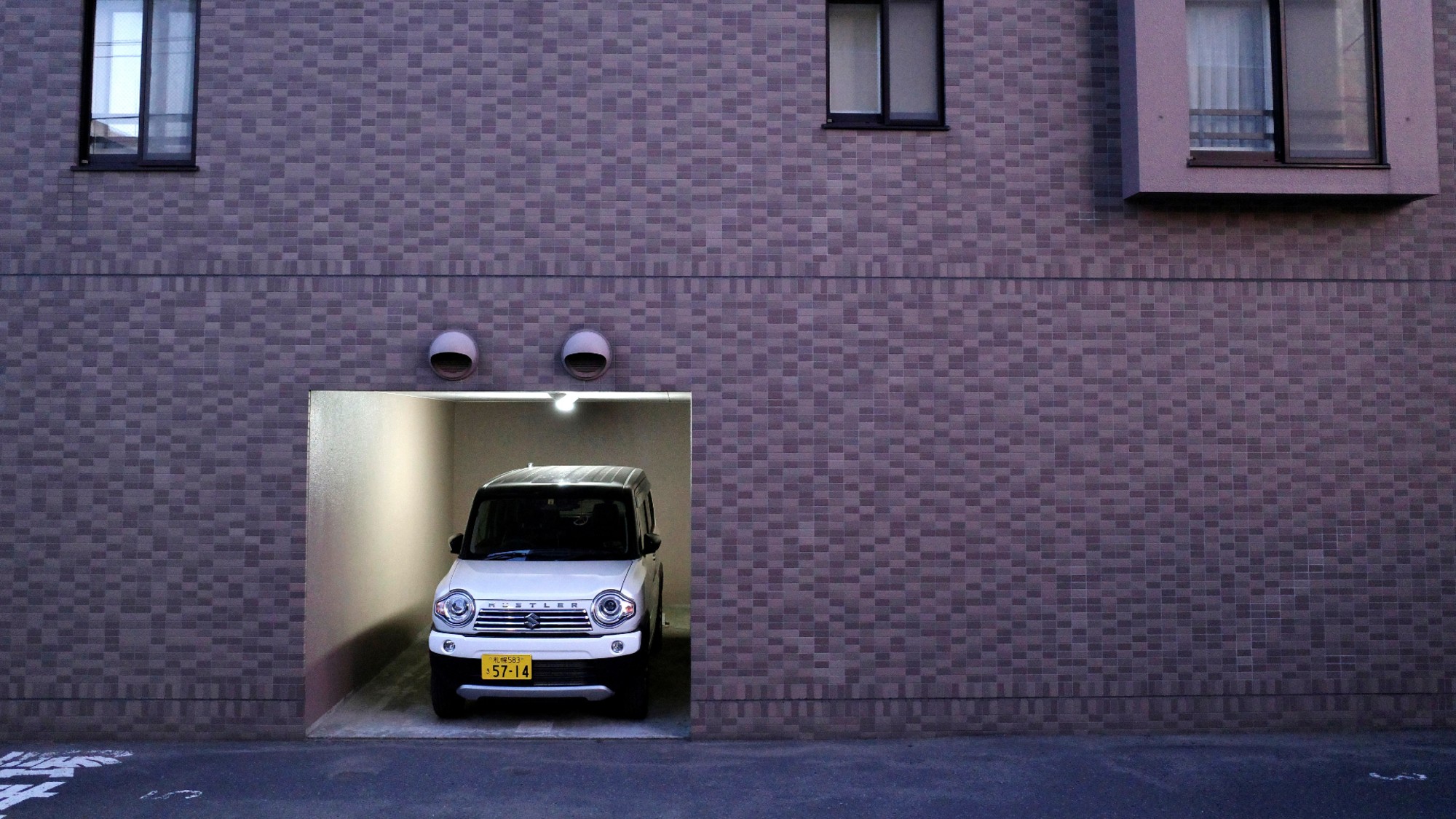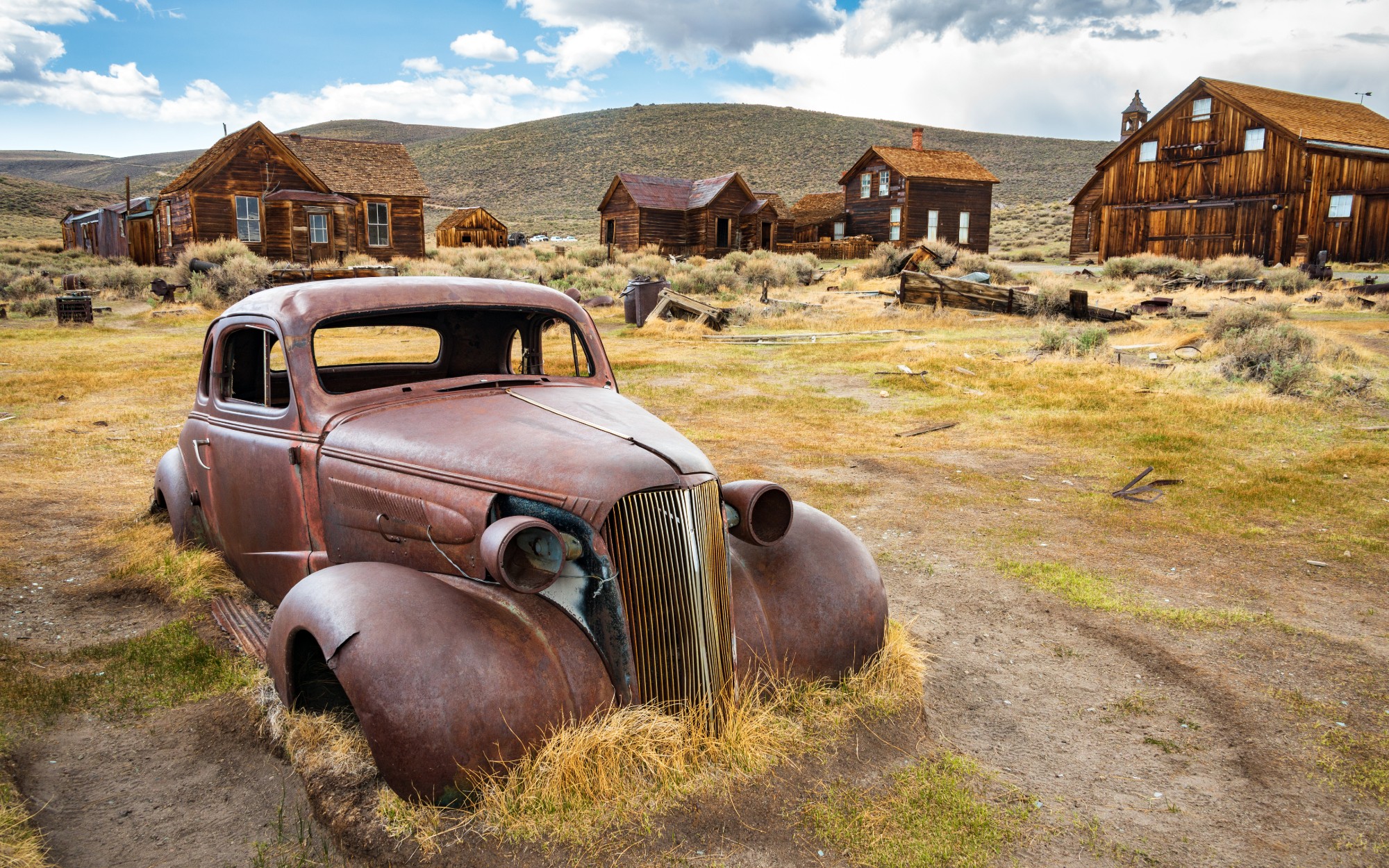Is the American dream still in reach?
Generations of immigrants have come to America seeking a better life. Can they still do so?

Justin Klawans, The Week US
A free daily email with the biggest news stories of the day – and the best features from TheWeek.com
You are now subscribed
Your newsletter sign-up was successful
Immigrants who journey to the United States for a better life often say they are coming in search of the American dream. But many people in the U.S. — immigrants and natural-born citizens alike — now seem to feel that dream is closer to a fantasy. And based on current lifestyle metrics, they aren't necessarily wrong, as the American dream continues to shift.
What is the American dream?
It's a "century-old phrase used to describe the idea that anyone can achieve success in the United States through hard work and determination," Pew Research Center said. The American dream defines a land where "life should be better and richer and fuller for everyone, with opportunity for each," said historian James Truslow Adams, who coined the phrase in his 1931 book "The Epic of America."
"Upward mobility became the calling card of American life" with the arrival of the Puritans, who were looking for an alternative to the Old World system in which people "born with titles" were "able to be wealthy and powerful just by virtue of their birth," author Adam Chandler said to Smithsonian Magazine. The idea that anyone can improve their station with hard work and dedication still draws people to America.
The Week
Escape your echo chamber. Get the facts behind the news, plus analysis from multiple perspectives.

Sign up for The Week's Free Newsletters
From our morning news briefing to a weekly Good News Newsletter, get the best of The Week delivered directly to your inbox.
From our morning news briefing to a weekly Good News Newsletter, get the best of The Week delivered directly to your inbox.
Adams wrote "The Epic of America" at the height of the Great Depression, so his American dream concept was largely aspirational. But a decade later, the dream was coming true.
More than 90% of children born in 1940 ended up better off than their parents, MIT economist Nathaniel Hendren and Harvard economist Raj Chetty have found. But "only around half of those born in the 1980s were able to say the same," The Wall Street Journal said. "It's still a coin flip whether or not you'll earn more than your parents," Hendren said, "but mobility probably hit a record low in the early 2020s."
Is the American dream still attainable?

A narrow 53% majority believes it is, Pew found in an April 2024 poll, while another 41% said it was once possible to attain but no longer. Older and wealthier people were about 25 percentage points more likely than younger and lower-income Americans to say the American dream is possible on the American dream, while people with a college degree were 7 points more bullish than those with less education. Pew found that 31% of respondents felt they had achieved the American team, 36% said they were on their way to achieving it and 30% said it was out of reach.
This lack of optimism is especially apparent when it comes to younger people. A January 2025 survey from UCLA found that 86% of young Americans "want to achieve the American dream in some capacity — but indicate finances are a significant barrier." The poll also found this has a large effect on young people's overall demeanor, with 71% saying that this difficulty of achieving the American dream makes it harder for me to find happiness than prior generations.
A free daily email with the biggest news stories of the day – and the best features from TheWeek.com
A July 2024 Wall Street Journal/NORC survey found that people "overwhelmingly desire all the traditional trappings of the American dream" — which the Journal described as "owning a home, having a family, and looking forward to a comfortable retirement" — "but very few believe they can easily achieve it." For example, 98% of respondents said owning a home was an essential life goal but only 10% said homeownership was at at least somewhat easy to attain.
Marriage, homeownership and a comfortable retirement seem less like American goals than universal ones. But "people are right to feel that the American dream has become harder to achieve both in terms of their chances of doing better than their parents and their chances of rising out of poverty," Harvard's Chetty said to the Journal.
Why is the American dream increasingly out of reach?
Growing wealth and income inequality and decades of stagnant wages have raised the height of the ceiling for the American dream while leaving the vast majority of people near the floor. Despite America's reputation as a land of opportunity, "there is less movement up and down the economic ladder here than in many other countries," the Brookings Institution said in a 2022 report. In America today, "wealth inequality is high. And wealth status is sticky," and this combination creates "sharp class divides which are at odds with the American dream." This disparity has been building for a while; a 2014 press release from the House Ways and Means Committee said that the U.S. needs "policies that grow the economy and create jobs so the next generation of Americans can realize the American Dream," and that too many Americans faced "mounting bills and student loan debt."
Journalist David Leonhardt, who wrote about the fading American Dream in his 2023 book "Ours Was the Shining Future," primarily blames this stratification on the restructuring of the U.S. economy, from the democratic capitalism that helped create America's large middle class, to the laissez-faire "greed is good" policies that replaced it starting in the 1980s. And thanks to political shifts — Democrats, increasingly college-educated and socially liberal, haven't been able to win enough power to tip the economy back in the other direction, and Republicans aren't interested — "there is no longer a mass movement focused on improving economic outcomes for most Americans," he said in his book. "The country's largest activist groups, on both the left and the right, are focused on other subjects."
While the dream may still technically be reachable for some, a large portion of Americans, particularly young people, simply no longer feel that way. Gen Z and millennial Americans "still really want financial security and independence, but many feel like the cards are stacked against them and the system is rigged," said Yalda Uhls, a professor in psychology at UCLA. Notably, high interest and mortgage rates, rising insurance costs, low housing stock and soaring real estate prices have also made it harder for first-time homebuyers to purchase a house, something 75% of Americans consider an essential component of the American dream, according to a Realtor.com survey.
And while "income and wealth inequality have both soared" in America, the "clearest sign of our problems" is the "stagnation of life expectancy for working-class people," Leonhardt said at The New York Times. "In 1980, the U.S. had a typical life expectancy for an affluent country," but now it ranks lower than its peers and even many poorer countries.
Can the dream be revived?
If "the American political system helped create today's problems," then surely "the American political system can solve them," Leonhardt said at the Times. The American dream was made real largely by organized labor, civil rights crusaders and other "often grass-roots political movements" that steadily nudged the government into creating the America they envisioned. If the revitalized labor movement and other groups representing the bottom 90% of Americans can coalesce into a "mass movement organized around the goal of lifting living standards" for the middle class and working class, he added, it "might well succeed. It has before."
Not everyone agrees that the dream is dying. "The American dream is of individual upward mobility, not social progress toward uniformity," John Early and former Sen. Phil Gramm (R-Texas) said in the Journal in 2023. And that "American dream is alive and well." Three recent studies, they said, suggest that the "vast majority" of U.S. adults still "have higher income than their parents did."
If Americans "want to figure out why people don't feel like they're staying above water, we need to examine issues of income disparity and social wealth," Bhaskar Sunkara said at The Guardian. This would involve reupping social democracy platforms to better align with those in Europe, Sunkara added. The U.S. can "pursue taxation policies that better redistribute wealth and create greater state support for health care, childcare, housing and job training," while also focusing on additional support for worker unionization and domestic manufacturing.
One shining example is Washington County, Wisconsin, which has started a program to "remove five main barriers to increasing the supply of affordable housing," said the Pittsburgh Tribune-Review. The county also "made solving basic needs a priority," such as directing post-Covid recovery funds to generate lost revenue. Areas like this across the U.S. "can choose to build. We can choose to cultivate strong communities. We can choose to place people over politics."
Peter has worked as a news and culture writer and editor at The Week since the site's launch in 2008. He covers politics, world affairs, religion and cultural currents. His journalism career began as a copy editor at a financial newswire and has included editorial positions at The New York Times Magazine, Facts on File, and Oregon State University.
-
 Political cartoons for February 15
Political cartoons for February 15Cartoons Sunday's political cartoons include political ventriloquism, Europe in the middle, and more
-
 The broken water companies failing England and Wales
The broken water companies failing England and WalesExplainer With rising bills, deteriorating river health and a lack of investment, regulators face an uphill battle to stabilise the industry
-
 A thrilling foodie city in northern Japan
A thrilling foodie city in northern JapanThe Week Recommends The food scene here is ‘unspoilt’ and ‘fun’
-
 Hawai‘i: a kingdom crossing oceans – a ‘thrilling’ exhibition
Hawai‘i: a kingdom crossing oceans – a ‘thrilling’ exhibitionThe Week Recommends With some items on display for the first time since 1900, the British Museum’s new show gives voice to a ‘fascinating, rarely heard culture’
-
 How Utah became a media focal point
How Utah became a media focal pointIn Depth In producing the stars of #MomTok and reality TV alike, Utah has emerged as a media powerhouse
-
 13 Gen Z workplace terms and phrases
13 Gen Z workplace terms and phrasesin depth From ‘quiet firing’ to ‘resenteeism,’ there are clues about why employers and employees in America are having such a sad time
-
 Could smaller cars bring down vehicle prices?
Could smaller cars bring down vehicle prices?Today’s Big Question Trump seems to think so, but experts aren’t so sure
-
 Jane Austen lives on at these timeless hotels
Jane Austen lives on at these timeless hotelsThe Week Recommends Here’s where to celebrate the writing legend’s 250th birthday
-
 Pull over for these one-of-a-kind gas stations
Pull over for these one-of-a-kind gas stationsThe Week Recommends Fill ’er up next to highland cows and a giant soda bottle
-
 The Beast in Me: a ‘gleefully horrible story’
The Beast in Me: a ‘gleefully horrible story’The Week Recommends Claire Danes and Matthew Rhys star in a ‘gleefully horrible story’
-
 5 ghost towns worth haunting on your next road trip
5 ghost towns worth haunting on your next road tripEnjoy a glimpse of the past
